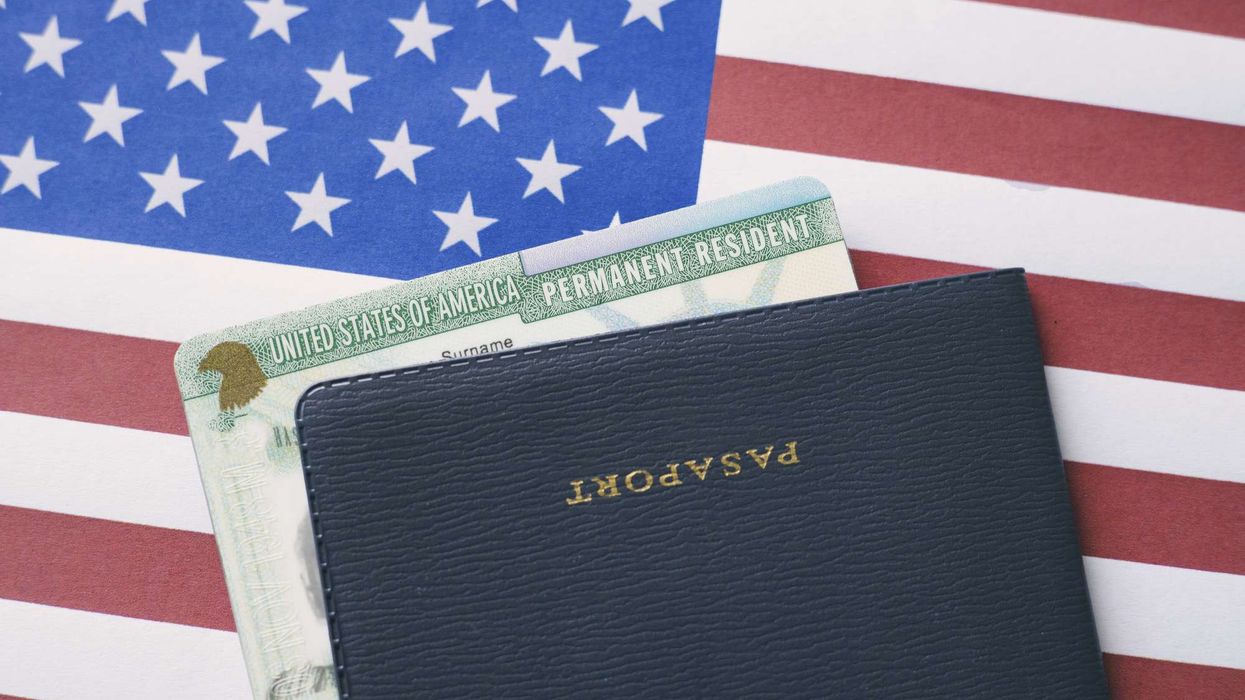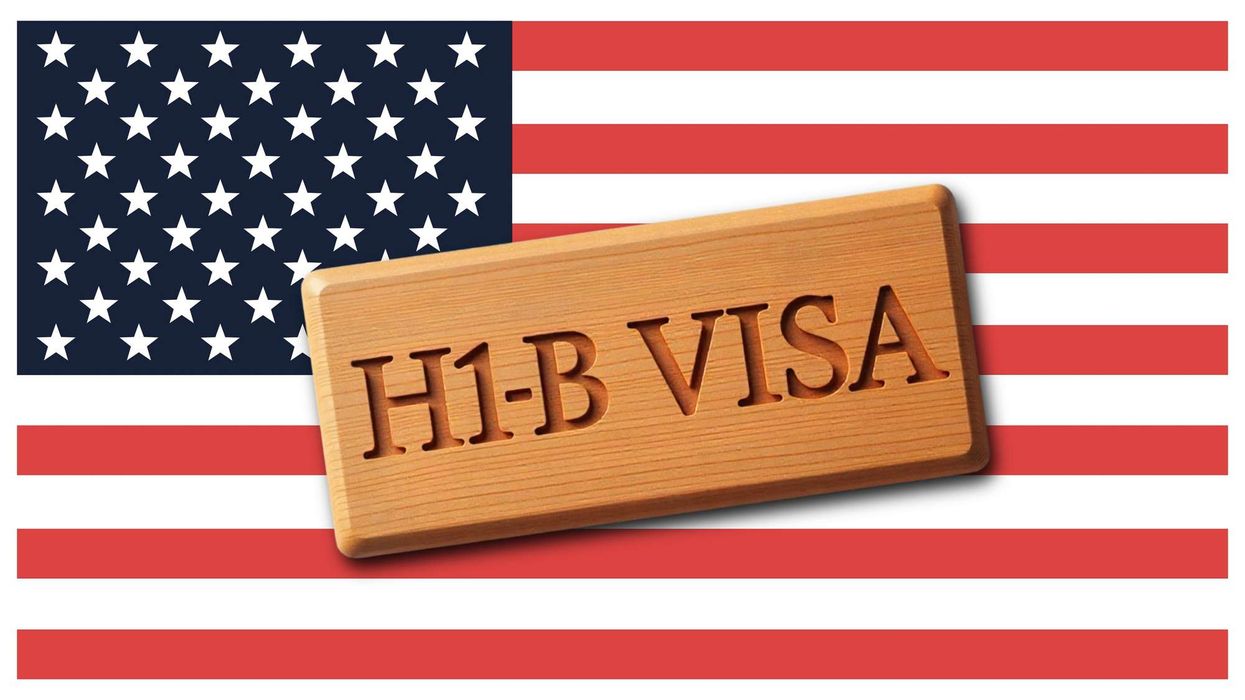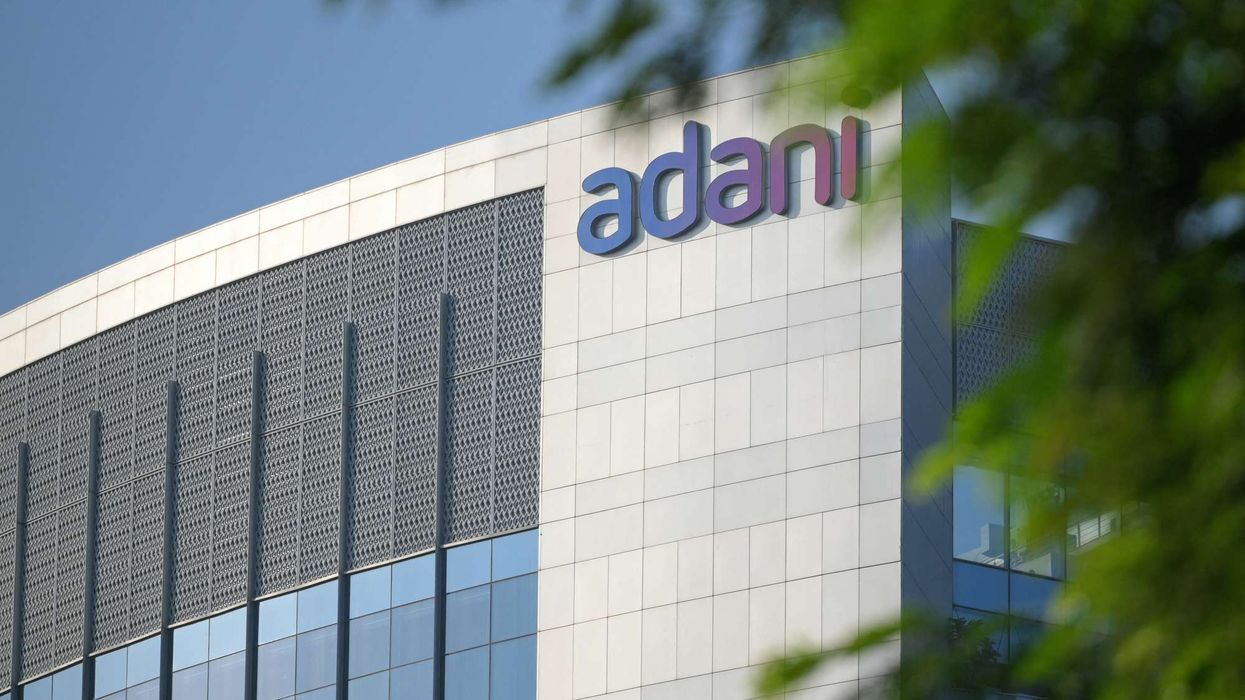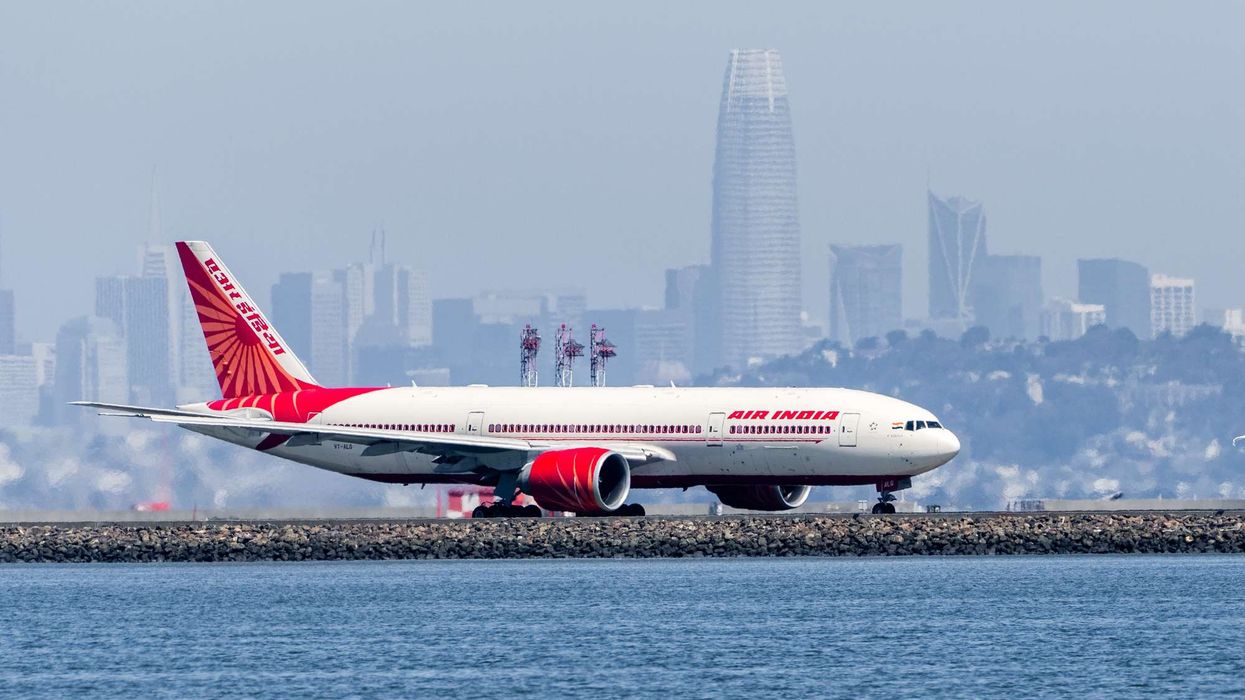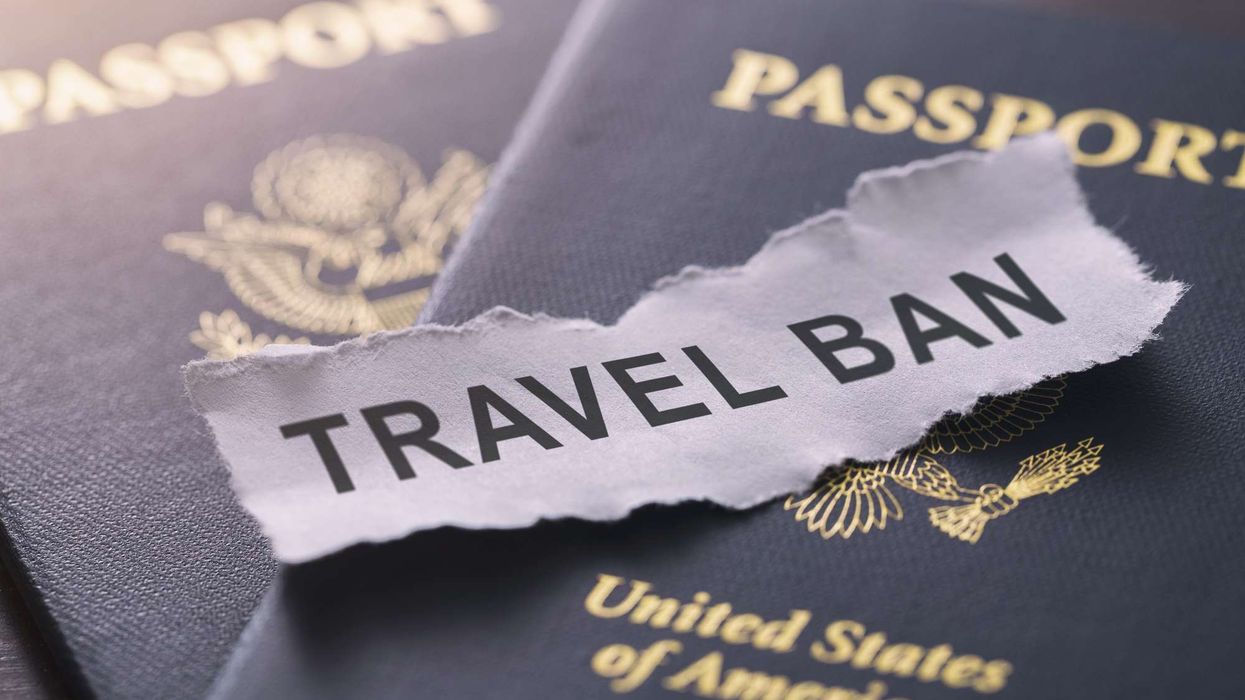GROSS OPERATING PROFITS for U.S. hotels will fall more than 80 percent as a result of the COVID-19 pandemic, according to an article from CBRE Hotels Research. Luxury and upper-upscale hotels in the country will struggle to generate cash from operations this year.
CBRE’s June 2020 edition of hotel horizons report found that lodging demand in the U.S. will decline by 37 percent this year, according to an article from Robert Mandelbaum, director of research information services for CBRE Hotels Research, titled “The Owner’s Obligation – Cash.” This will result in a 38 percent drop in national occupancy, a 22.5 percent fall in ADR and a 51.9 percent fall in RevPAR.
The report added that the luxury and upper-upscale hotels will struggle to generate cash from operations for 2020. Hotels with modest ADRs may achieve positive earnings, but the rate will be below their historical averages.
CBRE analyzed the 2019 operating statements from 1,008 hotels that reported their interest payment. Last year, the study sample averaged 179 rooms, and achieved a 73.8 percent occupancy level, along with a $159.26 ADR.
“In addition to their interest obligation, minimal expenses such as administrative, security, and maintenance costs to maintain the asset, 50 percent of the annual utility costs, insurance and property taxes would remain. Several owners continue to provide benefits for furloughed employees, upheld some level of marketing efforts, and maintained other operating costs,” Mandelbaum said. “These additional expenses add to the ‘cash burn’ of U.S. hotel owners who have closed their properties in 2020. Hotels that continue to operate at extremely low levels of occupancy would incur greater labor and utility expenditures, as well as the cost of supplies and services.”
In 2019, 91 percent of the properties covered for the CBRE study sample generated an EBITDA level greater than their interest obligation. Hotels generated more than double the cash required to pay their interest obligations.
Mandelbaum said that if there is a 50 percent decline in EBITDA, the interest coverage ratio dropped to 1.14, and 73.4 percent of the sample property owners would be able to pay their interest obligation. However, if profits were to decline by 80 percent, the coverage ratio drops to 0.45, and only 4.8 percent of property owners could cover their interest payments.
“In 2020, owners choose to close their properties; they would incur a monthly cash burden equal to $488 per room in addition to any debt service or rent. On average, that equates to a minimal “cash burn” of $87,000 per month. It varies by property type and will be in the range $38,000 to $410,000 per month,” Mandelbaum said. “It is doubtful that most hotel owners were equipped to handle the hit to their fiscal health due to the pandemic.”
In a previous article, CBRE Hotels Advisory in July predicted that traditionally fixed expenses for U.S. hotels will become more flexible in the future as operators adjust to the post-COVID-19 “new normal.”


